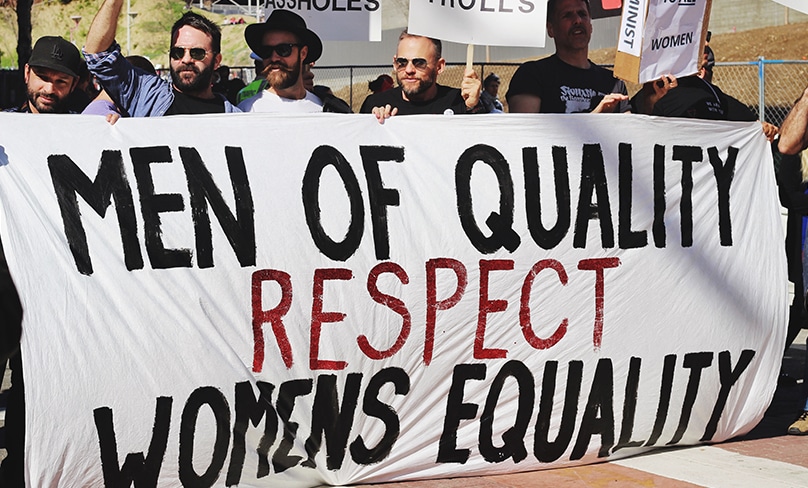
Without question, my favourite thing about my job is getting to work alongside the priests of the Archdiocese of Sydney and other dioceses. They are good men and it is a privilege to witness their ministry from a different angle than the pews on Sunday. It is an absolute grace to call so many of them friends. Wonderful as this is, it does make it a little difficult to go to confession anonymously.
Call me a chicken, but I would prefer not to be within 100 metres of a confessional with a priest inside who knows me, my family, my workmates and many of my friends. Yes, I know that we confess our sins to God and not the priest, but the human element isn’t one that I have been able to overcome.
Given this, I take the opportunity to get to confession whenever I am out of the archdiocese, whether on holidays, for a speaking engagement or something else.
On a recent trip, I did what I always do and looked for confession times on the local parish website. There were none to be found. Knowing that parish websites are often not updated, I checked the most recent parish bulletin for confession times. There were none to be found.
I thought, “father might be away this week” and so I checked previous bulletins. No confession times in those either. I asked a local, who told me the parish priest didn’t think parishes needed regular confession times and so I would have to go elsewhere.
Even though it lacked confession times, the parish website did have a lot of detail about the empowerment of women. The parish website openly calls for a number of changes to church doctrine and discipline in order to be more open to the full participation of women. These included the ordination of women to the priesthood, lay preaching of the homily, the use of non-gendered language in the Mass, and having quota systems for parish councils and other parish and diocesan bodies to ensure that women made up at least half of all participants.
I have no doubt that Father Feminist’s intentions were good and that he really does want to see women flourish in the church, but the best way for the clergy to empower Catholic women is to help us to be holy. And the primary way they help us to be holy is being generous in making the sacraments available—and I don’t mean the sacrament of orders.
Most women I know don’t want to be ordained or to marry someone who is. They don’t have the desire or time to prepare homilies, nor do they want to sit on parish or diocesan pastoral councils. Most women my age are juggling work, caring for aging parents and trying to raise kids in the faith at a time when the laws and the culture are working so hard against them.
Much more than priests advocating for our “right” to a priestly vocation (as if anyone has a right to be ordained), we want priests who care deeply about whether—in the midst of all the juggling—we are fulfilling the vocation to holiness that is shared by every baptised person, and who will form, encourage and pray with and for us when we are struggling.
A truly wonderful priest friend offers confessions during Lent at the mum-friendly time of 8pm on a weeknight, so that mums can get the kids to bed and then go to confession in peace. He told me he is in the confessional for two hours each time. While this priest doesn’t have a page on the parish website dedicated to advocacy for women, his actions were truly empowering for those women (and men) he absolved. I am grateful to him and so many like him who faithfully give of themselves each day. They’re the true feminists.
